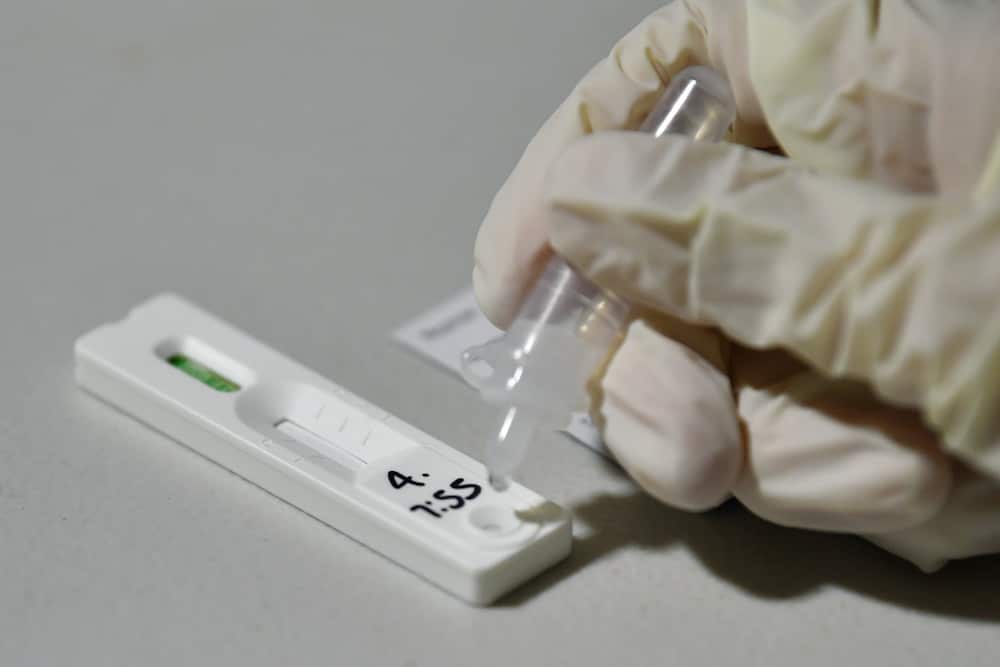Australians will be able to buy rapid antigen tests along with the rest of their groceries when they become available on supermarket shelves next week.
The tests, which give a COVID-19 result within about 15 minutes and can be used at home or work without a healthcare worker’s help, can be sold from November 1.
Nine types of test have been approved by the medical regulator, with more in the final stages of review.
Coles will stock the Hough Pharma COVID Antigen Nasal Test in packs of two and five on its shelves from next week, a company spokesperson says.
Coles’ online shoppers will also be able to add rapid tests to their carts in Victoria, NSW, Queensland, the Northern Territory, the ACT and Tasmania.
A Hough Pharma two-pack costs around $30 and a five-pack $50.
Supermarket rival Woolworths is looking to stock approved self-testing kits in selected stores from early November, a Woolworths Group spokesperson said.
Online Woolies-run digital health and wellness business HealthyLife will start shipping the Hough Pharma tests from Monday, with customers already able to pre-order them.
However, state regulations mean they can’t ship them to South Australia or Western Australia.
The tests will also be rolled out at petrol and convenience stores like 7-Eleven, Ampol and Coles Express through November.
They’ll largely be stocking the Hough Pharma brand test, Australian Association of Convenience Stores chief executive Theo Foukkare says.
Prime Minister Scott Morrison on Wednesday said the government had no current plans to make rapid tests free through Medicare.
There are no constraints on where the tests can be sold, though there are some restrictions around advertising.
Monash University research fellow Michael Lydeamore says rapid antigen testing has worked well overseas, especially where efforts are no longer directed at tracking every case.
“As we enter the next stage of the pandemic, rapid antigen tests will help us work out quickly what can stay open, and help us get a quicker understanding of the disease dynamics in play,” Dr Lydeamore said.
Health Minister Greg Hunt on Wednesday emphasised the less-accurate tests were not a replacement for standard PCR tests.
“It’s an additional support and an additional screening tool rather than a pure diagnostic tool,” Mr Hunt told reporters.
The tests analyse a nasal swab or saliva for the presence of the virus that causes COVID-19.
Anyone who gets a positive result should immediately follow up with a PCR test, according to the Therapeutic Goods Administration.
They’re most reliable when when used by person who has COVID-19 symptoms.
AAP
Get all the latest Canberra news, sport, entertainment, lifestyle, competitions and more delivered straight to your inbox with the Canberra Daily Daily Newsletter. Sign up here.



